In today’s global economy, air freight from China to Australia has become an essential service for businesses seeking swift and efficient shipping solutions. In this comprehensive guide, we will explore the air freight process, highlighting its benefits, costs, and transit times. Moreover, we’ll delve into choosing the right freight forwarder and share valuable tips for successful air freight shipping. Whether you are a novice or an experienced shipper, this article will equip you with the knowledge needed to navigate the complexities of air freight logistics effectively.
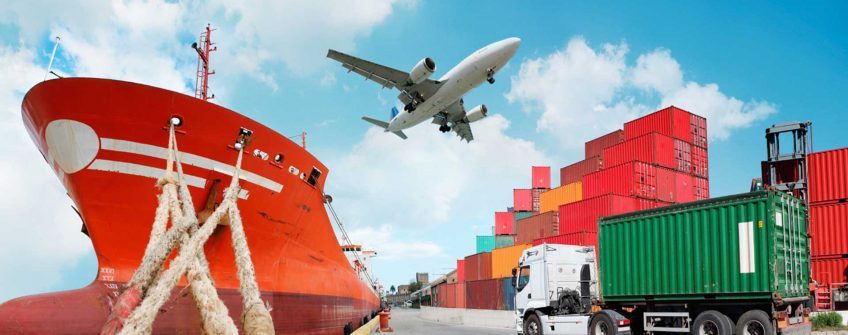
Understanding Air Freight: A Comprehensive Overview
What is Air Freight?
Air freight is the process of transporting goods via aircraft. It is one of the fastest methods of shipping, making it a preferred choice for many businesses that require quick deliveries. Air freight can be utilized for a wide range of products, including high-value items, perishable goods, and urgent shipments. The air cargo industry plays a vital role in global trade, facilitating the rapid movement of goods across countries and continents.
Benefits of Choosing Air Freight for Shipping
Choosing air freight offers several notable advantages:
Speed: Air freight is the fastest shipping method available. Shipments can often reach their destination within 1-3 days, depending on the route, making it ideal for time-sensitive materials.
Reliability: Airlines have strict schedules and a high level of punctuality, which means that your shipments are likely to arrive on time, reducing the uncertainties associated with logistics.
Global Reach: Air freight extends to virtually every corner of the globe, allowing businesses in China to connect with markets in Australia and beyond with ease.
Safety and Security: Air cargo is typically subject to rigorous security checks, ensuring that your shipments are protected during transit. Additionally, the risk of damage or loss is lower compared to other shipping methods.
Minimal Handling: With fewer transfers between different modes of transport, the chances of damage or delays are significantly reduced.
Key Differences Between Air Freight and Other Shipping Methods
When comparing air freight to other shipping methods such as ocean freight and road transport, several key differences emerge:
| Factor | Air Freight | Ocean Freight | Road Transport |
|---|---|---|---|
| Speed | Fast (1-3 days) | Slow (1-6 weeks) | Moderate (1-10 days) |
| Cost | Higher cost per kilogram | Lower cost over large volumes | Moderate cost depending on distance |
| Capacity | Limited cargo space | Large cargo space | Moderate cargo space |
| Reliability | High reliability | Variable reliability due to weather | Moderate reliability |
| Ideal for | Urgent, high-value, time-critical goods | Bulk shipments, non-urgent items | Local and regional shipments |
The Air Freight Process from China to Australia
Steps Involved in Air Freight Shipping
The air freight process from China to Australia generally involves the following steps:
Booking: The shipper contacts a freight forwarder, such as Dantful International Logistics, to arrange the shipment.
Collection: The forwarder arranges for the pickup of goods from the warehouse or supplier.
Documentation: Necessary paperwork is completed, including commercial invoices and packing lists.
Customs Clearance: Goods are cleared for export at the origin, ensuring compliance with relevant regulations.
Transportation to Airport: The goods are transported to the departure airport.
Loading and Departure: Once at the airport, goods are loaded onto the aircraft for transport.
Arrival and Customs Clearance in Australia: Upon landing, the shipment undergoes customs clearance in Australia.
Final Delivery: Once cleared, the shipment is delivered to the final destination.
Documentation Required for Air Freight Shipments
Proper documentation is critical for successful air freight shipments. The required documents typically include:
- Air Waybill (AWB): A contract between the shipper and the airline, detailing the shipment.
- Commercial Invoice: Lists the goods and their value.
- Packing List: Provides information on how the goods are packed.
- Export License: Required for certain regulated items.
- Customs Declaration: Necessary for clearance at both the origin and destination.
Customs Clearance: Navigating the Regulations
Customs clearance is a pivotal step in the air freight process. In Australia, customs regulations can be stringent, and it is essential to be aware of the following:
Tariffs and Taxes: Depending on the type of goods being imported, various tariffs and taxes may apply. It is crucial to calculate these costs accurately to avoid unexpected expenses.
Restricted Goods: Some items may be subject to restrictions or require special permits before entering Australia. Ensure your shipments comply with Australian customs regulations.
Documentation Accuracy: Any inaccuracies in documentation can lead to delays, fines, or seizure of goods. Work with experienced freight forwarders like Dantful International Logistics to ensure compliance and smooth customs processing.
By understanding the air freight process and the requirements involved, businesses can ensure efficient and successful shipping from China to Australia.
Cost Analysis of Air Freight from China to Australia
Average Costs per Kilogram
When it comes to air freight from China to Australia, understanding the cost structure is essential for businesses planning their logistics. The average cost of air freight can vary significantly based on several factors, but it generally ranges from $5 to $12 per kilogram. This variation hinges on the type of cargo, weight, dimensions, and the chosen freight forwarder. For example, lighter and more compact goods may attract lower rates, whereas heavier or oversized items could be at the higher end of this spectrum.
| Cargo Type | Average Cost (per kg) |
|---|---|
| Standard Goods | $5 – $8 |
| Dangerous Goods | $8 – $12 |
| Perishable Goods | $7 – $11 |
| Oversized/Cumbersome | $10 – $15 |
These estimates are influenced by the shipping routes, fuel prices, and seasonal demand fluctuations. It is advisable to contact a reliable freight forwarder, such as Dantful International Logistics, to get tailored quotes based on your specific shipping needs. For businesses looking to compare options, consider reviewing air freight from china to usa for additional insights.
Factors Influencing Air Freight Costs
Several factors influence the overall costs associated with air freight from China to Australia. Key elements include:
Weight and Volume: Air freight costs are typically calculated based on either the actual weight or the volumetric weight (dimensional weight), whichever is greater. Understanding how these measurements work can help you optimize your shipping costs.
Seasonality: Peak seasons, such as around holidays or major shopping days, can lead to increased demand for air freight services, thus raising prices. It’s prudent to plan shipments outside of these peak times when possible.
Cargo Type: Certain goods, such as dangerous goods or perishable items, may incur additional handling or packaging fees, raising the overall cost. For guidance on shipping these types of cargo, check out air freight from china to canada.
Distance and Route: The specific route taken from China to Australia, along with any layovers or transfers, can also influence costs. Direct flights may be more expensive but are usually faster.
Insurance and Handling Fees: Including insurance for your cargo adds to the total freight cost. Always consider the value of your goods when determining the appropriate level of insurance coverage.
Comparing Air Freight Costs with Sea Freight
When deciding between air freight and sea freight, the cost is a significant consideration. Generally, air freight is considerably more expensive—approximately 4 to 6 times the cost of sea freight on a per-kilogram basis. Below is a cost comparison table highlighting the key differences:
| Shipping Method | Cost (per kg) | Transit Time | Best For |
|---|---|---|---|
| Air Freight | $5 – $12 | 3-10 days | Urgent shipments, high-value |
| Sea Freight | $1 – $3 | 20-40 days | Bulk shipments, non-urgent |
While air freight offers speed and efficiency, it is essential to assess your specific business needs when selecting the most suitable shipping method. For time-sensitive goods, Dantful International Logistics provides comprehensive air freight solutions, ensuring that your cargo arrives quickly and safely. Businesses looking for economical options might also consider sea freight from china to australia.
Read More:
- Shipping From China to Australia
- Shipping From China to New Zealand
- Shipping From China to Papua New Guinea
- Shipping From China to Fiji
- Shipping From China to Solomon Islands
- Shipping From China to Vanuatu
Transit Times for Air Freight
Typical Delivery Times from Major Chinese Cities
Transit times for air freight from China to Australia can vary depending on the origin city and flight schedules. Below are typical delivery times from major Chinese cities:
| City of Origin | Typical Transit Time |
|---|---|
| Shanghai | 5-7 days |
| Beijing | 6-8 days |
| Guangzhou | 5-7 days |
| Shenzhen | 5-6 days |
| Hong Kong | 3-5 days |
These times include customs clearance processes but may vary based on the specific circumstances of each shipment.
Factors Affecting Transit Times
Several factors can impact the transit times for air freight, including:
Flight Availability: The frequency of available flights on specific routes can significantly affect delivery times. Less frequent flights may lead to longer wait times for cargo to be loaded.
Customs Processing: Delays in customs clearance can cause unexpected holdups. Proper documentation and adherence to regulations are crucial for facilitating smooth customs processing.
Weather Conditions: Inclement weather can lead to flight delays or cancellations, impacting the overall delivery schedule.
Cargo Handling: The efficiency of airport operations and handling facilities can also affect how quickly goods are processed and transferred.
How to Choose the Right Shipping Speed for Your Needs
Selecting the appropriate shipping speed for your air freight depends on several factors:
Urgency of Delivery: Consider how quickly you need your goods. If timing is critical, opt for express services offered by freight forwarders like Dantful International Logistics.
Cost Consideration: Faster shipping often comes with higher costs. Evaluate your budget against the required delivery speed.
Nature of Goods: Certain goods, such as perishables, may necessitate faster shipping to prevent spoilage.
Supply Chain Efficiency: Assess how the shipping speed fits into your overall supply chain strategy. Balancing speed, cost, and reliability is essential for effective logistics management.
By understanding these elements and working with a reliable freight forwarder, you can optimize your air freight shipping strategy from China to Australia. Dantful International Logistics is ready to assist you with tailored solutions that meet your specific shipping requirements while ensuring time-sensitive deliveries. For any related queries, feel free to explore door to door shipping from China to Australia.
Choosing the Right Air Freight Forwarder
Qualities to Look for in a Freight Forwarder
Selecting the right freight forwarder is crucial for ensuring that your air shipments from China to Australia are handled efficiently and effectively. Here are some key qualities to consider when choosing a freight forwarder:
Experience and Reputation: Look for a company with a solid track record in air freight services. An experienced forwarder will have established relationships with airlines and customs authorities, enabling smoother shipping processes.
Comprehensive Services: A reliable freight forwarder should offer a wide range of services, including OCEAN FREIGHT, RAIL FREIGHT, WAREHOUSE solutions, CUSTOMS CLEARANCE, and INSURANCE. This ensures that all aspects of your shipping needs are covered under one roof.
Customer Service: Exceptional customer support is essential. Your freight forwarder should provide clear communication, prompt responses to inquiries, and dedicated account management to assist you throughout the shipping process.
Competitive Pricing: While cost shouldn’t be the only factor, competitive pricing is important. A good forwarder will offer transparent pricing models and be willing to provide detailed quotes to compare your options effectively.
Technology and Tracking: The use of advanced technology for tracking shipments is vital. A forwarder that provides tracking tools allows you to monitor your cargo in real time, ensuring you remain informed about the status of your shipment.
Regulatory Knowledge: Air freight involves navigating various regulations, especially when shipping internationally. A knowledgeable forwarder will help you adhere to all customs regulations and ensure proper documentation is maintained.
Dantful International Logistics: Your Trusted Partner
At Dantful International Logistics, we pride ourselves on being a highly professional, cost-effective, and high-quality one-stop international logistics service provider for global traders. Our expertise in air freight from China to Australia makes us an ideal partner for your shipping needs.
We offer:
- A wide range of services, including AIR FREIGHT, DOOR TO DOOR delivery, and AMAZON FBA support.
- A dedicated team that ensures your shipments are managed meticulously from pickup to delivery.
- Competitive and transparent pricing, without hidden fees.
- Advanced tracking systems that give you real-time visibility of your shipments, ensuring peace of mind.
Choosing Dantful International Logistics means you can focus on your core business while we handle the complexities of your logistics needs.
Tips for Successful Air Freight Shipping
Packaging Best Practices for Air Cargo
Proper packaging is critical for protecting your goods during air transit. Here are some best practices to consider:
Use Appropriate Materials: Choose packaging materials that can withstand the rigors of air travel, such as durable boxes, bubble wrap, and foam inserts.
Label Clearly: Ensure that all packages are labeled correctly. Use clear, legible fonts and include all necessary information, such as sender and recipient details, handling instructions, and contents.
Optimize Weight and Size: Since air freight costs are often calculated based on weight and volume, optimize the packaging to reduce excess weight while ensuring adequate protection for the contents.
Avoid Overpacking: While it’s important to protect your cargo, overpacking can lead to additional costs. Find a balance between protection and weight efficiency.
Managing Risks and Ensuring Cargo Safety
To mitigate risks associated with air freight shipping, consider the following strategies:
Insurance: Always insure your cargo to protect against loss or damage during transit. Dantful International Logistics offers comprehensive insurance options tailored to your needs.
Choose Reputable Carriers: Partner with reputable airlines and logistics providers to minimize the risk of delays and mishandling.
Regular Communication: Maintain open lines of communication with your freight forwarder. Regular updates can help address any potential issues before they escalate.
Tracking Your Shipment: Tools and Techniques
Effective shipment tracking is essential for staying informed about your cargo’s journey. Here are some tools and techniques to consider:
Online Tracking Systems: Use the tracking systems provided by your freight forwarder. Dantful International Logistics offers an advanced tracking platform that enables you to monitor your shipment in real time.
Mobile Applications: Many logistics companies provide mobile apps for easy tracking on the go. Downloading your forwarder’s app can facilitate quick access to shipment updates.
Set Alerts: Sign up for alerts and notifications regarding shipment status changes. This enables you to respond quickly to any issues that may arise.
By following these tips and choosing a reliable partner like Dantful International Logistics, you can ensure a smooth and efficient air freight experience from China to Australia.

Young Chiu is a seasoned logistics expert with over 15 years of experience in international freight forwarding and supply chain management. As CEO of Dantful International Logistics, Young is dedicated to providing valuable insights and practical advice to businesses navigating the complexities of global shipping.




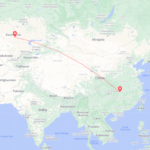

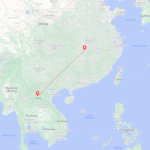


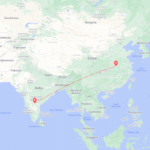
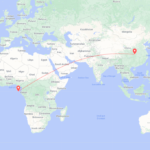
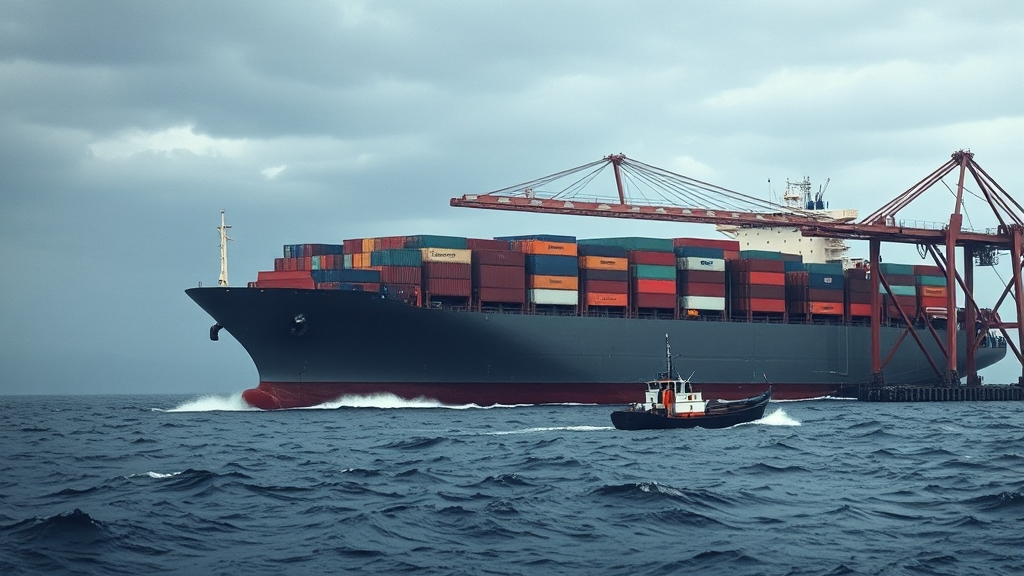
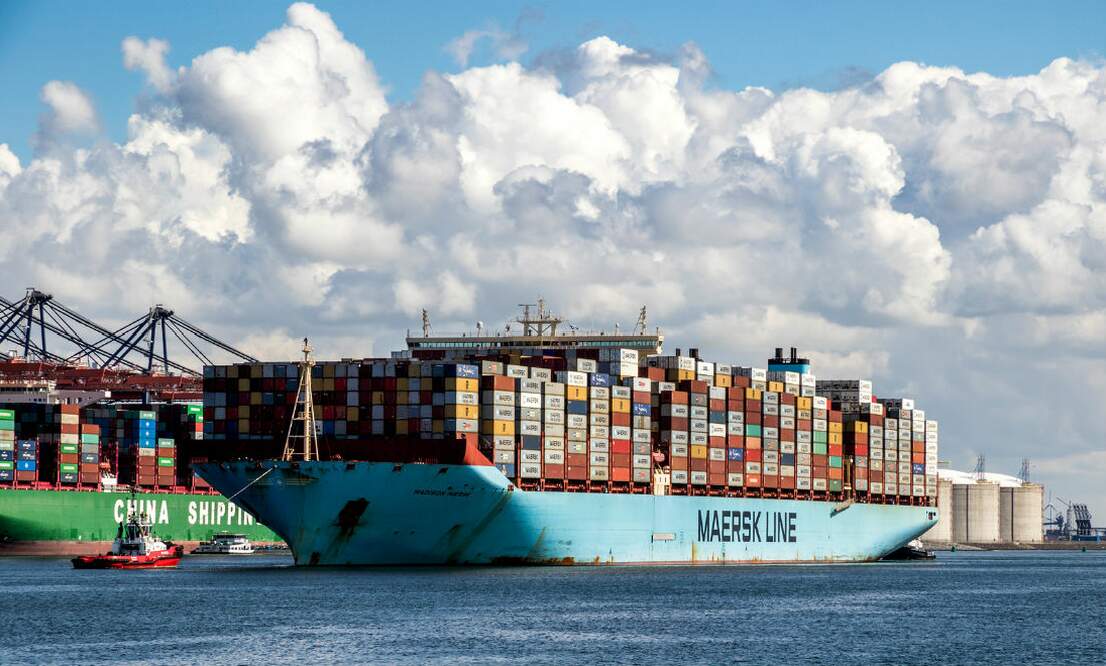
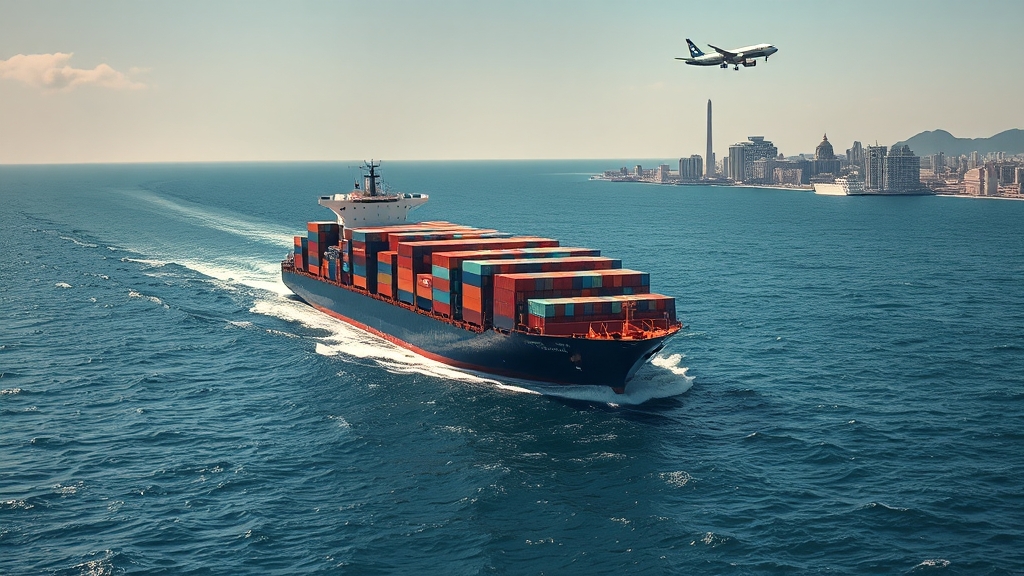
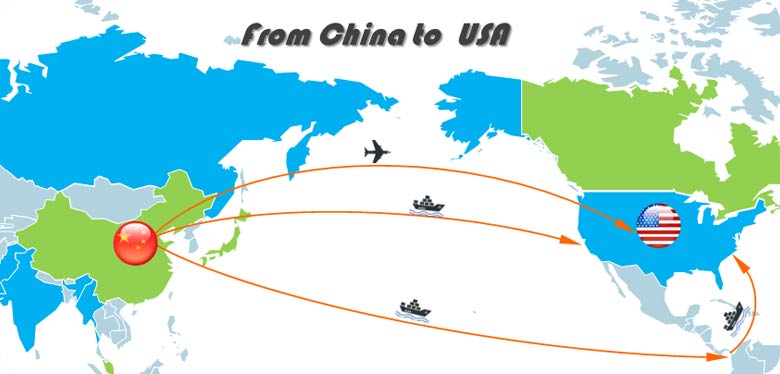
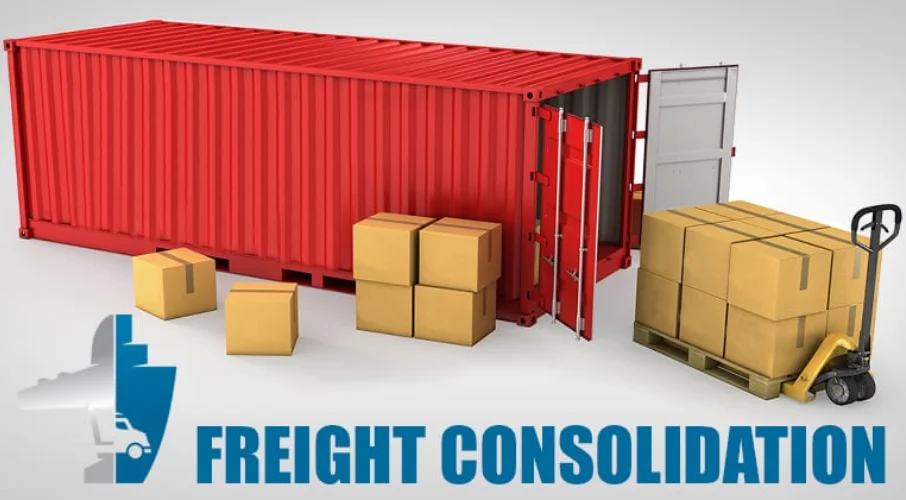





 Afrikaans
Afrikaans Shqip
Shqip አማርኛ
አማርኛ العربية
العربية Հայերեն
Հայերեն Azərbaycan dili
Azərbaycan dili Euskara
Euskara Беларуская мова
Беларуская мова বাংলা
বাংলা Bosanski
Bosanski Български
Български Català
Català Cebuano
Cebuano Chichewa
Chichewa 简体中文
简体中文 繁體中文
繁體中文 Corsu
Corsu Hrvatski
Hrvatski Čeština
Čeština Dansk
Dansk Nederlands
Nederlands English
English Esperanto
Esperanto Eesti
Eesti Filipino
Filipino Suomi
Suomi Français
Français Galego
Galego ქართული
ქართული Deutsch
Deutsch Ελληνικά
Ελληνικά Kreyol ayisyen
Kreyol ayisyen Harshen Hausa
Harshen Hausa Ōlelo Hawaiʻi
Ōlelo Hawaiʻi עִבְרִית
עִבְרִית हिन्दी
हिन्दी Hmong
Hmong Magyar
Magyar Íslenska
Íslenska Igbo
Igbo Bahasa Indonesia
Bahasa Indonesia Gaeilge
Gaeilge Italiano
Italiano 日本語
日本語 Basa Jawa
Basa Jawa ಕನ್ನಡ
ಕನ್ನಡ Қазақ тілі
Қазақ тілі ភាសាខ្មែរ
ភាសាខ្មែរ 한국어
한국어 كوردی
كوردی Кыргызча
Кыргызча ພາສາລາວ
ພາສາລາວ Latin
Latin Latviešu valoda
Latviešu valoda Lietuvių kalba
Lietuvių kalba Lëtzebuergesch
Lëtzebuergesch Македонски јазик
Македонски јазик Malagasy
Malagasy Bahasa Melayu
Bahasa Melayu മലയാളം
മലയാളം Maltese
Maltese Te Reo Māori
Te Reo Māori मराठी
मराठी Монгол
Монгол ဗမာစာ
ဗမာစာ नेपाली
नेपाली Norsk bokmål
Norsk bokmål پښتو
پښتو فارسی
فارسی Polski
Polski Português
Português ਪੰਜਾਬੀ
ਪੰਜਾਬੀ Română
Română Русский
Русский Samoan
Samoan Gàidhlig
Gàidhlig Српски језик
Српски језик Sesotho
Sesotho Shona
Shona سنڌي
سنڌي සිංහල
සිංහල Slovenčina
Slovenčina Slovenščina
Slovenščina Afsoomaali
Afsoomaali Español
Español Basa Sunda
Basa Sunda Kiswahili
Kiswahili Svenska
Svenska Тоҷикӣ
Тоҷикӣ தமிழ்
தமிழ் తెలుగు
తెలుగు ไทย
ไทย Türkçe
Türkçe Українська
Українська اردو
اردو O‘zbekcha
O‘zbekcha Tiếng Việt
Tiếng Việt Cymraeg
Cymraeg יידיש
יידיש Yorùbá
Yorùbá Zulu
Zulu